Should You Use Distilled Water for Coffee?
After countless brews over the years, I’ve had my fair share of tinkering with various types of water to understand how they impact the final flavor of my brews.
Amongst these experiments was distilled water – an easy go-to choice for anyone who hasn’t been clued in yet about the significance of water for effective coffee brewing.
Should you use it though?
Allow me to guide you through why using distilled water is not recommended for brewing and some alternatives you can use instead.
The Role of Water in Your Coffee
When people ask me what makes a great cup of coffee, I say it’s primarily about using quality beans and caring about how you brew them. But there’s another player in this game that often goes unnoticed: the type of water used.
When I was just starting out with brewing, I thought water didn’t have much role because it had little to no taste. In truth, the kind of water you use takes center stage when extracting flavors from the coffee grounds.
What really differentiates these waters are their minerals such as calcium and magnesium. These minerals positively contribute to your brew’s taste by enhancing certain subtle notes in different types of coffees.
Conversely, if your water lacks these minerals, you’ll get an under-extracted coffee.
But be careful, you don’t want to many minerals, either 🙂
Should You Use Distilled Water to Make Coffee?
Distilled water is not recommended for brewing coffee because of its lack of mineral content, which results in poor flavor extraction.
In fact, according to the Specialty Coffee Association of America (SCAA), the ideal mineral content in water for brewing coffee is around 150 parts per million (ppm). This is because water with a higher mineral content tends to taste ‘hard,’ while distilled water lacks this characteristic and may result in a flat-tasting cup.
These are the recommended mineral content specs of the SCA.
| Characteristic | Target | Acceptable Range |
|---|---|---|
| Odor 1 | Clean/Fresh, Odor free | |
| Color 2 | Clear color | |
| Total Chlorine | O mg/L | |
| TDS 3 | 150 mg/L | 75 – 250 mg/L |
| Calcium Hardness | 4 grains or 68 mg/L | 1-5 grains or 17 mg/L – 85 mg/L |
| Total Alkalinity | 40 mg/L | At or near 40 mg/L |
| pH | 7.0 | 6.5 – 7.5 |
| Sodium | 10 mg/L | At or near 10 mg/L |
The reason why distilled water has very few minerals lies in its filtration process. Simply put, it is water that is purified through evaporation followed by condensation, leaving you with 99% H20 and a minuscule ppm that’s less than one.
Obviously, that’s a very bad number as far as coffee extraction goes.
Aside from the lackluster flavor, using distilled water can also have an impact on the performance and maintenance of your coffee maker. This water leaches the minerals out of your coffee machine’s metal tubes and parts it comes in contact with, which will eventually cause corrosion.
Health Implications of Using Distilled Water
Because distilled water is the purest form of H2O, some people have the impression that it’s a good choice of water to drink regularly but this is just wrong.
While the distillation removes contaminants in your water, it also strips away the liquid’s magnesium and calcium. These elements play crucial roles in our overall health, supporting our bone density and promoting our hearts’ functions.
You can still get these elements elsewhere, but you have to make up for these missing nutrients to achieve a balanced diet.
Adding minerals back into distilled water?
There are a few companies out there that have formulated mineral pouches to re-introduce minerals back into distilled water. One such company is thirdwavewater.com, which appeared on SharkTank as well.
The premise of this is that this method allows the creation of perfect brewing water, since the minerals are added into pure H2O.
It sounds very interesting, but I have not tried it yet. But I think it raises the price of drinking coffee by more than what I am prepared to pay. Specialty coffee beans are already expensive.
Distilled Water Alternatives
Now that we’ve established that distilled water is not your best option for coffee, here are other alternatives you should consider:
- Filtered water is one popular alternative to distilled water. By removing impurities and excess carbon, filters like those found in brands such as Brita provide a fuller flavor to your brew. The filtration process ensures that any negative tastes or odors are eliminated, allowing you to fully enjoy the nuances of your chosen beans.
- Purified water is also worth considering. Although it goes through an extensive cleaning process where almost all minerals are removed, purified water often has these essential elements added back through methods such as reverse osmosis. This restores some balance and enhances the overall taste profile of your coffee.
- Tap water can also be used, depending on your location’s specific mineral content. However, keep in mind that hard water areas might interfere with both taste and equipment maintenance due to high levels of calcium carbonate buildup over time. I generally don’t recommend using unfiltered tap water for brewing coffee.
Barista’s Opinion: Best Water for Coffee
When it comes down to choosing the best type of water for brewing coffee from my perspective as a barista with countless hours spent behind an espresso machine, my go-to recommendation is filtered tap water.
Filtered tap water strikes an ideal balance by removing excess carbon, chlorine, or impurities that may affect taste while retaining beneficial minerals found naturally in the source such as magnesium and calcium. This ensures we get delicious flavor profiles without compromising on nutrition.
If you’re worried about potential issues caused by hard tap water in your area, check if there’s an integrated filter system within your home or invest in a high-quality countertop filtration device like Brita.
These filters do an OK job at improving taste quality and reducing scale build-up without stripping away all essential minerals your body needs.
But if you want to go the extra mile, invest in a solo in-line water filter system. You will have great water for drinking, and for making coffee.
They remove the following materials with 96-100% efficiency, and the silver destroys bacteria and viruses:
- petrochemical compounds
- sediment such as rust, sand, mud, pollen
- phenols
- chlorine, chloroform, and other organochlorine compounds
- metals and heavy metals (e.g.: iron, lead, mercury, copper, aluminum)
Remember, crafting the perfect cup of joe doesn’t solely rely on selecting top-notch beans; it also depends heavily on choosing quality ingredients right down to every last drop you add into your brewer.
Frequently Asked Questions (FAQs)
Here are some common questions that can help clarify any concerns you have about distilled water:
There’s a bit of stir around this subject. You may know that distilled water gets rid of unwanted impurities, but it also kicks out good minerals like magnesium and calcium. Don’t forget drinking these minerals comes with health benefits that make your coffee even healthier. Still, the effect of distilled water on your health when used with coffee made is not that concerning.
There are a few things to consider when it comes to your water options regarding the cost. First, you may think that buying jugs of distilled water is a budget-friendly choice but over time, the costs can quickly add up. On the other hand, purchasing bottled water not only comes with a higher price tag but also contributes to unnecessary plastic waste.
A great alternative is installing a high-quality water filter for your tap. Not only is this option more economical and environmentally friendly, but it also enhances the taste of your coffee.
Aside from that hard taste that interferes with the flavors extracted from your coffee, hard water also causes excessive limescale or calcium buildup in your machine. If this is not removed, this could cause damage to your coffee maker.
Deionized water and distilled water are both highly purified forms of water created through different processes. Deionized water is treated to remove ions, primarily dissolved mineral salts, while distilled water is boiled to evaporate and then re-condensed, leaving most contaminants behind. Due to the purity though, I also don’t recommend deionized water for your coffee.
Final Thoughts
Using distilled water for your coffee does not create the optimum taste or protect your machines for long. It can stop mineral deposits in your machinery, yet it doesn’t have the right elements to extract that delightful taste from your coffee beans.
My personal suggestion? Try filtering the tap water from your kitchen. You won’t need to spend beyond some maintenance costs and you can leave behind the waste of discarded plastic bottles which isn’t the eco-friendly way of making coffee. Plus, remember – the daily cups you savor will taste good through better extraction.
And so, as you relax with a finely brewed cup of coffee next, take a moment. Delight in thinking about the water that truly made it possible.

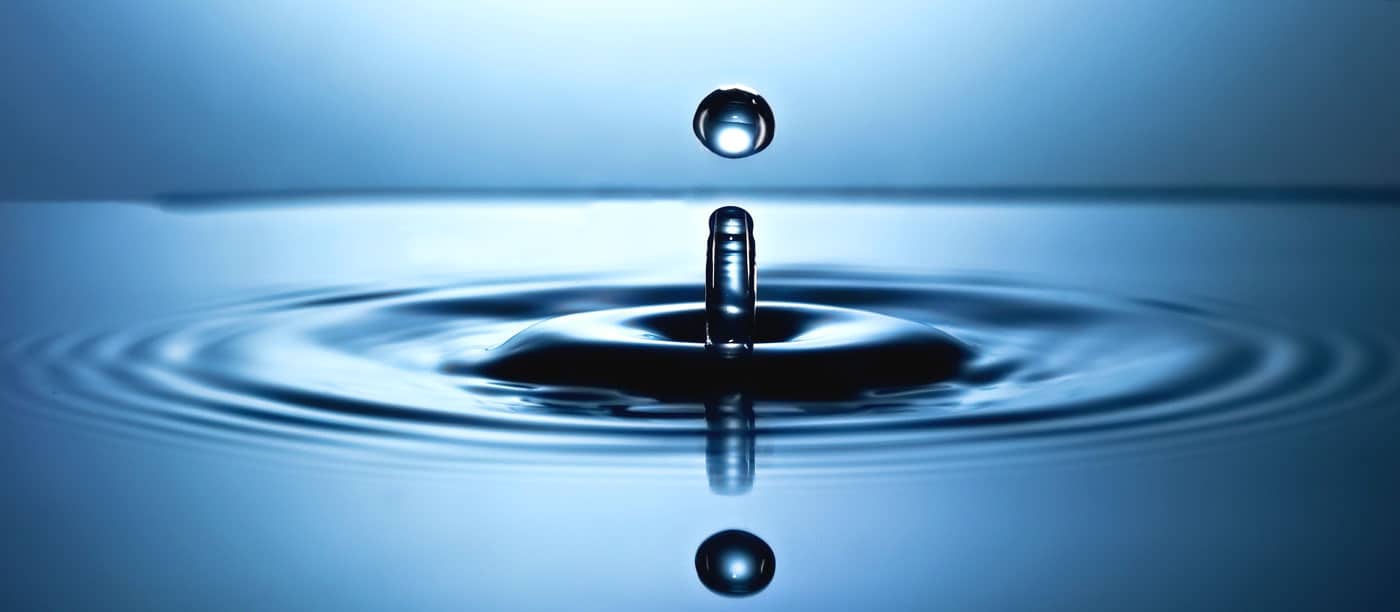
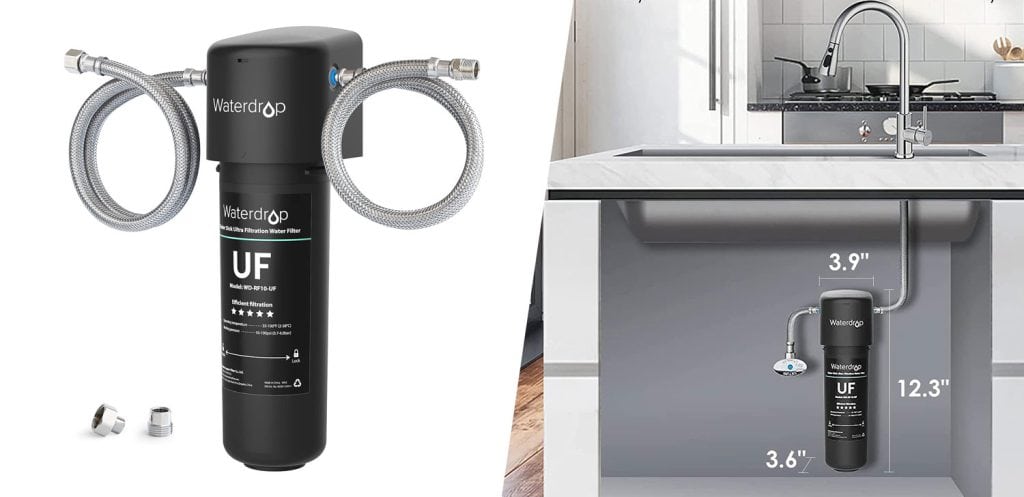
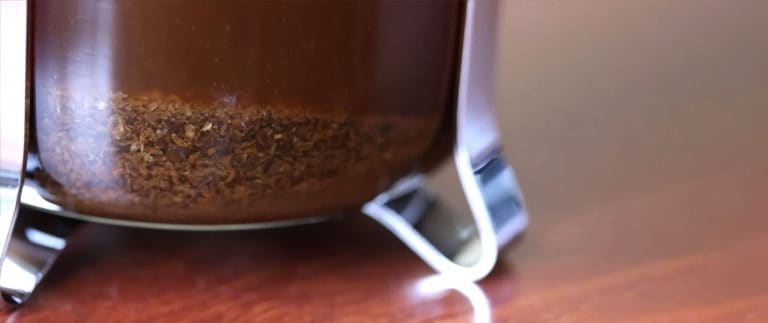
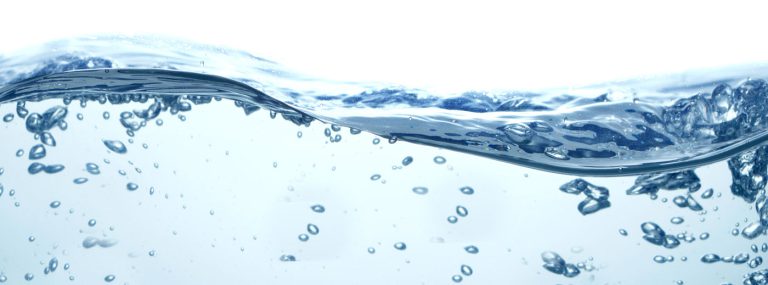
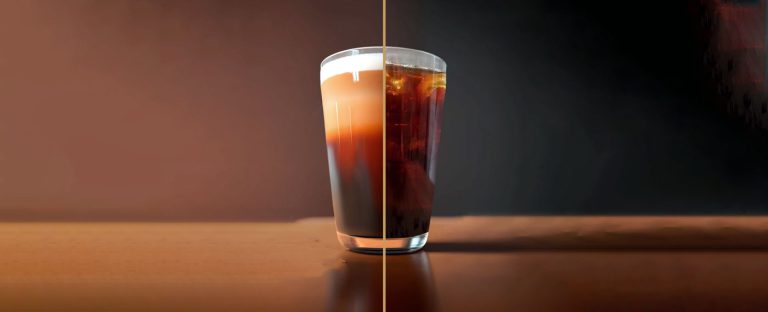
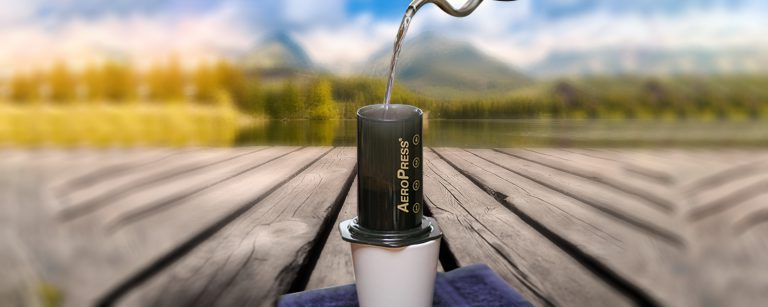
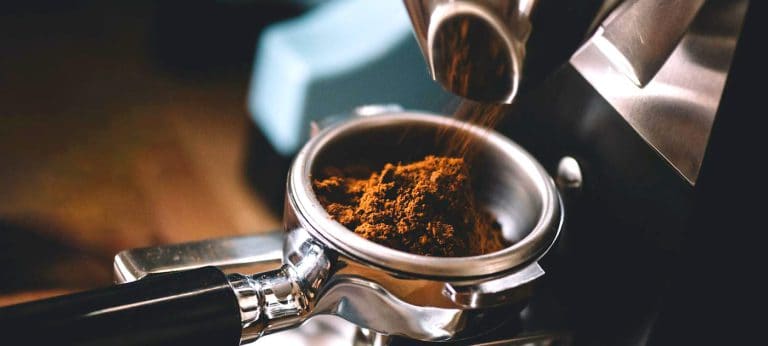
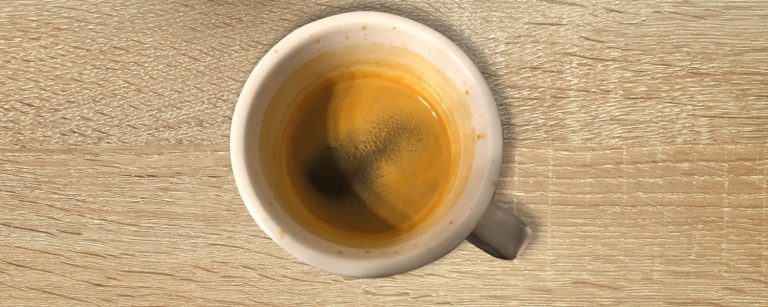

I read once that water could affect coffee taste, but this article put everything into perspective for me. I guess I never really took it seriously until now. Appreciate the clarity, Tom, and the recommendations for getting the best out of my coffee beans.
This may seem like a rookie question, but what about using filtered water from my refrigerator? It’s not distilled, but does it have enough minerals for a decent extraction? Or should I be looking into mineral supplements for the water?
This would depend on what kind of filter your refridgerator has. Probably not an overly complex one, so no. Just make sure to change the filter as instructed by the manufacturer, I know of people who have never changed it and they drink it every day…
Tom’s point on the flavor extraction is spot on. As someone who’s experimented a lot with water hardness, I can confirm that the mineral content in water plays a huge role in the final cup quality. However, there is a bit more to consider when it comes to pH and water temperature as they too can significantly affect extraction.
I appreciate the detailed explanation of why distilled water isn’t suited for coffee brewing. I had always been under the impression that the purer the water, the better the coffee would be. Clearly, I need to rethink my entire brewing process.
After trying various waters, I concur that the mineral content plays a huge role in extraction. However, not everyone’s palate is the same, and some might prefer the softer taste that comes with fewer minerals. It would be interesting if you could explore this taste variance in a future post.
I’ve always been a bit of a coffee snob, but I’d never considered the impact of water on the taste of my brew. After reading this, I feel like I’ve had an ahamoment – can’t believe I’ve been using distilled water all this time. Thanks, Tom, for this enlightening piece. I’ll definitely give those alternatives a try.
Thanks for the interesting read, Tom. Your article got me wondering about the mineral content in my local tap water and how it might be affecting my coffee’s taste. I’m going to test it out and compare it to your suggestions. Who knows, maybe I’ve been missing out on a better cup of coffee all these years.
You will be very surprised, trust me.
I had no idea distilled water could harm your coffee maker. Thanks for the heads up, Tom. I’m off to check my water’s mineral content now. Hopefully, I’ve been unwittingly doing things right.